Phrasal Verbs with "Up"
For many students, one of the most difficult parts of learning English is studying phrasal verbs. A phrasal verb is a verb that is combined with an adverb or preposition. The combination creates a new meaning, often one that is not related to the definition of the base verb and is difficult to guess.
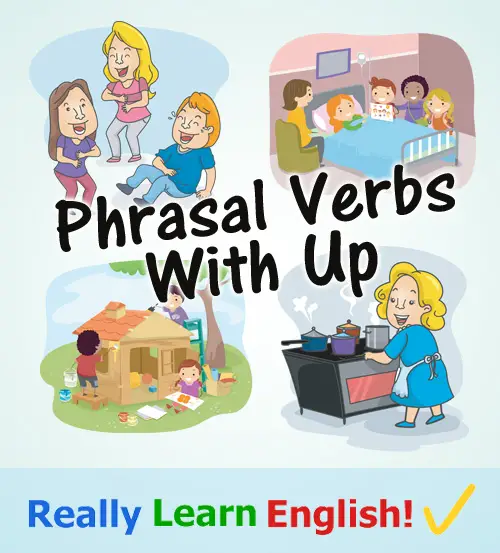
The definitions of many phrasal verbs need to be memorized. There are hundreds of phrasal verbs in English, and this can be overwhelming for students. However, you will be pleased to know that there are often patterns in how phrasal verbs are formed.
Here, we're going to look at phrasal verbs that include the preposition "up." "Up" often has one of the meanings described below. Not all phrasal verbs with "up" fall into these categories, but there are many examples that do.
Click Here for Step-by-Step Rules, Stories and Exercises to Practice All English Tenses
"Up" meaning to finish
One meaning of "up" is to finish or complete something. Common phrasal verbs where "up" means finish are the following:
- Add up – to add a group of numbers together until you reach a final sum.
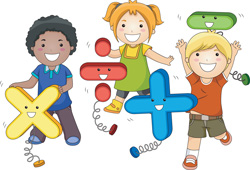
- Clean up – to clean a house (or another physical space, like an office or school) until it is extremely clean.
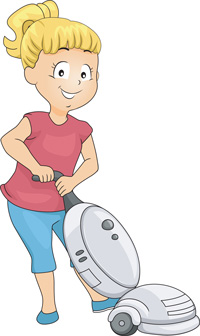
- Drink up – to drink until your glass is empty.
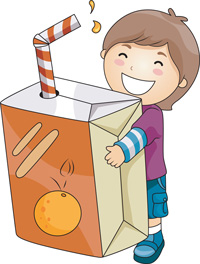
- Eat up – to eat until your plate is empty.
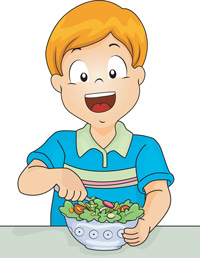
- Heat up – to warm something until it is hot.
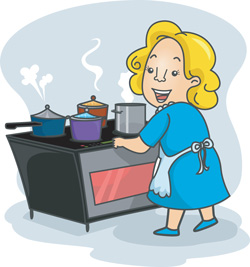
- Grow up – to become an adult (literally, to grow until you finish growing).
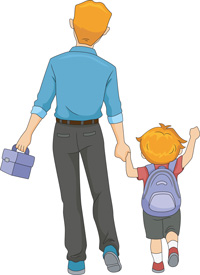
- Pack up – to pack until everything is in boxes.
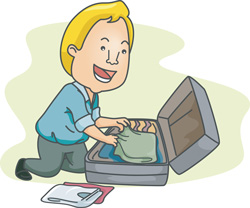
- Warm up – to sit in a warm space, such as by the fire or next to a radiator, until you are warm.
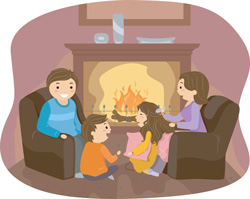
- Dry up – To become completely dry.
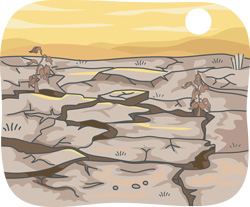
- Use up – To use all of something so that there is none left.

- Heal up – To heal completely and become healthy again.
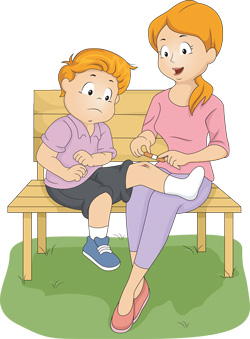
- Finish up – To finish a task completely.
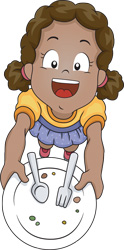
Examples:
- After you add up those numbers, I need to talk to you.
- It took me ages to clean up the house yesterday!
- Drink up! We need to leave soon.
- Eat up before your food gets cold!
- I'm going to heat up some of that leftover pasta.
- Sandra grew up in England in the 1970s.
- When Jessica moved out, she had to pack up all her belongings.
- In the winter, I love to warm up by the fire.
With these verbs, you can use the base verb without a big change in meaning. However, including "up" means that you do the activity until it is finished.
"Up" meaning to divide
Another meaning of "up" is to divide, or to split into smaller pieces. Common phrasal verbs where "up" means divide are the following:
- Blow up – to explode.
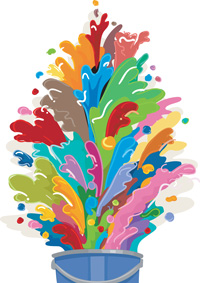
- Break up or split up – when you separate from your boyfriend or girlfriend.

- Chew up – to chew something until it breaks into smaller pieces.
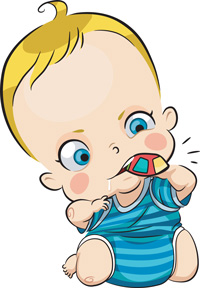
- Crack up – to laugh so hard it hurts. Almost like you feel you are going to break!
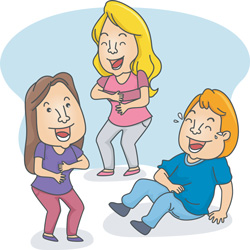
- Cut up – to cut something into pieces.
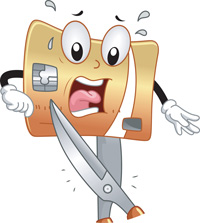
- Rip up or tear up – to rip something into pieces.
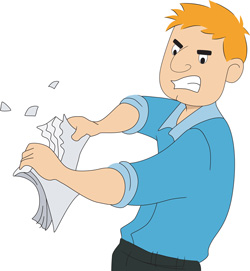
Examples:
- When the students mixed the wrong chemicals together, the experiment blew up.
- Sally felt sad after she broke up/split up with her boyfriend.
- My dog chewed up my new trainers, so now I need to buy another pair.
- I cracked up after my brother told me a funny joke.
- The teacher cut up some paper to play a game with his class.
- I'm going to rip up/tear up these old papers, since I don't need them anymore.
"Up" meaning to make better or to get better
A third meaning of "up" is to improve something, or to make it better than it was before. Common verbs where "up" has this meaning are:
- Cheer up – to feel better or to make someone feel better.
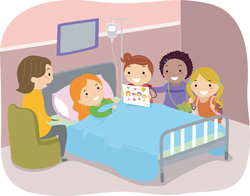
- Brighten up – when the weather improves, or when your mood improves.
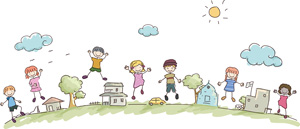
- Freshen up – to wash your face, brush your teeth and change your clothes, usually when you get back from work or school.
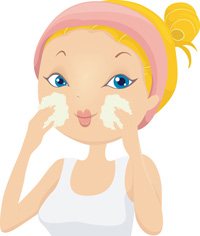
- Do up – to remodel something (to change the shape or structure of something), such as the house, or to get dressed in a fancy way.
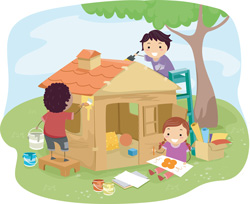
- Make up – to put on lipstick, blush and other cosmetics. Make up is also common as a noun.
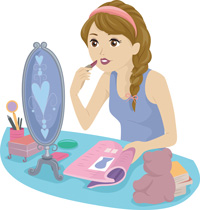
- Talk up – to describe something in a very positive way, exaggerating the good qualities.

Examples:
- Susannah was in a bad mood, but she cheered up after spending time with her friends.
- It rained all week, but on Saturday the weather finally brightened up.
- My mom and dad like to freshen up after they get back from the office.
- On Friday nights, my friends and I like to do ourselves up.
- Have you finished making yourself up?
- Jeff really talks up that restaurant. I hope it's as good as he says.
"Up" meaning to stop
The next meaning of "up" we're going to look at is to stop. Common examples where "up" has this meaning are:
- Let up – when it stops raining or snowing. Also, when someone stops doing something annoying.
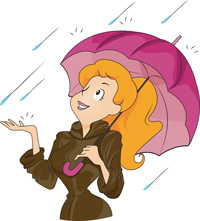
- Give up – to stop trying. Also, to quit something.
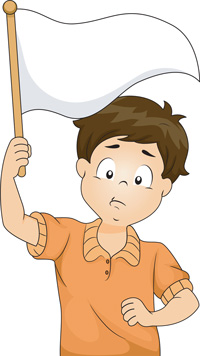
- Play up – to stop working. Usually used for technology.

- Own up – to stop keeping a secret and finally tell the truth.
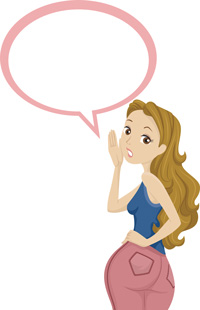
- Hold up – to have to wait. Often used to speak about traffic.

Examples:
- The rain finally let up at about 2pm.
- Leaning the piano is very difficult, but I'm not going to give up.
- My speakers have been playing up recently. I'm not sure what's wrong with them.
- I knew Linda was keeping a secret. After I asked her about it a few times, she finally owned up.
- We were held up in traffic for four hours on our way back from Connecticut.
"Up" meaning to appear
Another meaning of "up" is to appear. Let's look at some examples.
- Bring up – to introduce a new topic in a conversation or discussion.

- Come up – when a topic presents itself in conversation, often unexpectedly.
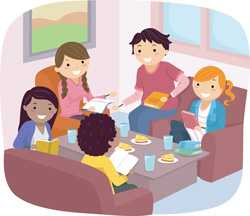
- Look up – to look for information until it appears.

- Show up or turn up – to arrive or appear somewhere.
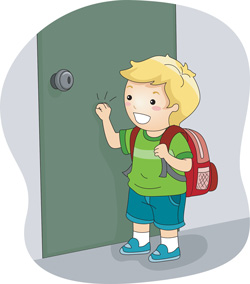
Examples:
- The boss said that if the employees had questions, they could bring them up in the meeting.
- I had a question about something, but the answer came up in class before I even got to ask.
- Google is a great tool for looking up information.
- What time are you going to show up/turn up at the party?
"Up" meaning 'the opposite of down'
Finally, there are many phrasal verbs where "up" has a more literally meaning. In these verbs, "up" means the opposite of down.
- Get up – to wake up and get out of bed.
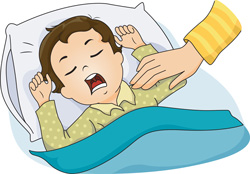
- Hang up – to put down the phone. Although this verb seems illogical, it makes sense when you remember that in the past, phones looked different and the receiver actually was "up".
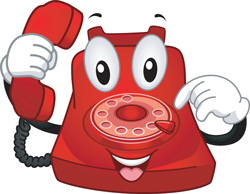
- Sit up – to sit straight and not slouch.
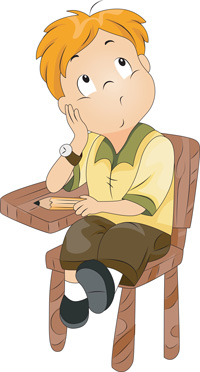
- Stand up – to stop sitting and stand on your feet.

- Turn up – to increase the volume of something.

Examples:
- I usually get up at about 6 o'clock.
- After I hung up the phone, I realized I had forgotten to say something.
- Teachers often need to remind their students to sit up in their chairs.
- When the subway is crowded, you often need to stand up.
- Can you turn up the music? It's not loud enough.
A story to practice phrasal verbs with "up"
Every day Luisa gets up at 7 o'clock. She sits up in bed, stands up and goes to take a shower. Sometimes she puts on a little make up before she goes to the kitchen to have breakfast. When she takes too long her parents remind her to "Eat up!" and "Drink up!" If she doesn't hurry up, she will miss the bus to school.
Provided that traffic doesn't hold up the school bus, Luisa usually turns up at school at 8 o'clock. Her best friend, Carla, sometimes shows up a little bit late. Luisa always brightens up when she sees Carla, because Carla is very funny and makes Luisa crack up with laughter. The two girls know each other very well, because they grew up together.
In math class Luisa and Carla practice adding up numbers. In art class they do drawing and painting, and afterwards they clean up. In science they do experiments. Once Luisa and Carla blew up a test tube by mistake! That day, they had to own up to the teacher and explain what happened.
At the end of the day they pack up their bags and head home. At home they freshen up and do their homework. When they have questions, they look up information on the internet, or they call each other on the phone for help. At the end of their conversations they hang up and spend time with their families. And then the next day they get up and do it all over again!
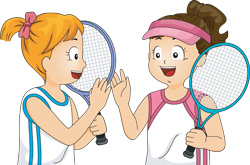
Quiz
Answer the following 10 questions and then check your answers. Each question is worth 10 points.
Part 1:
- Which verb means "to stop raining"?
- let up
- give up
- hold up
- make up
- Which verb means "to search for information"?
- turn up
- break up
- look up
- give up
- In which sentence does "up" mean "to appear"?
- After the conversation, we hung up.
- Henry brought up a new idea in the meeting.
- When I sit up straight, I have more energy.
- John showed up at the party around 10pm.
- In which sentence does "up" mean 'to feel better'?
- Natasha cheered up after lunch.
- I don't know where to look up the answer.
- Adam's puppy chewed up his new shoes.
- Patricia cut up the birthday cake into six equal pieces.
Part 2:
- Don't ____________. You should keep trying!
- heat up
- give up
- pack up
- turn up
- I accidentally ____________ some important papers.
- brought up
- hung up
- ripped up
- broke up
- My computer has been ____________. I don't know what's wrong with it.
- splitting up
- owning up
- holding up
- playing up
- Ted's family recently ____________ their house, and it looks great!
- did up
- brought up
- gave up
- got up
- Vincent has really ____________ the movie. I hope it's as good as he says.
- added up
- drunk up
- talked up
- played up
- Before we go out, I need to ____________.
- sit up
- freshen up
- own up
- come up
Answer key
Part 1: 1. A | 2. C | 3. D | 4. A
Part 2: 1. B | 2. C | 3. D | 4. A | 5. C | 6. B
Other resources
Be sure to check out our other phrasal verb resources here:
- English Phrasal Verbs
- Separable and Inseparable Phrasal Verbs
- Phrasal Verbs Worksheet
- Phrasal-Prepositional Verbs
- Phrasal Verbs with "Back"
Summary graphics
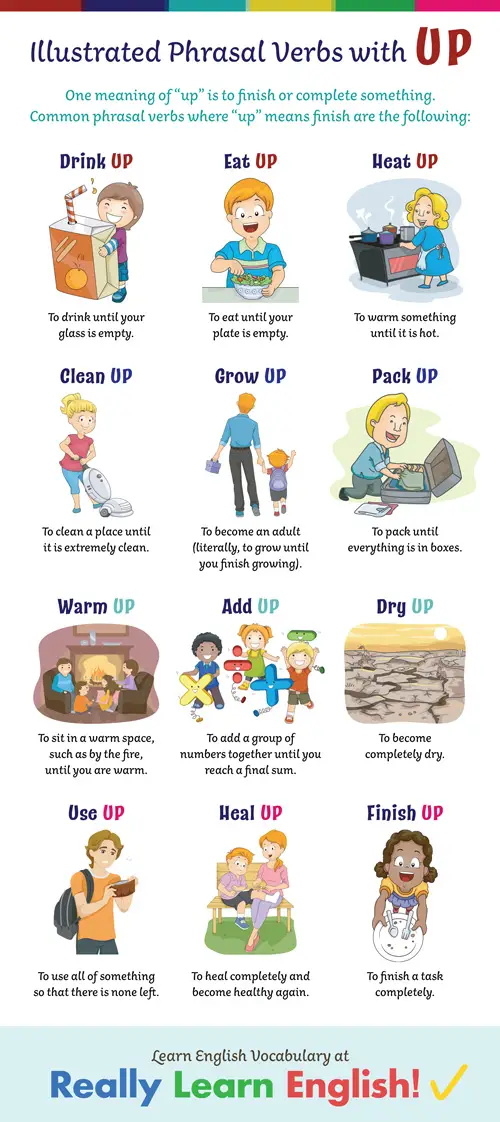
Get Updates, Special Offers, and English Resources
Download your FREE GIFT (the first two chapters of
English Short Stories Book and Workbook)
as soon as you join!

By submitting your email, you consent to receiving updates and newsletters from us and to the sharing of your personal data with third parties for the purposes of sending you communications. We will not spam you. You can unsubscribe at any time. For more information, please see our privacy policy.
Return from Phrasal Verbs with "Up" to English Phrasal Verbs








